Keywords: National Security
-
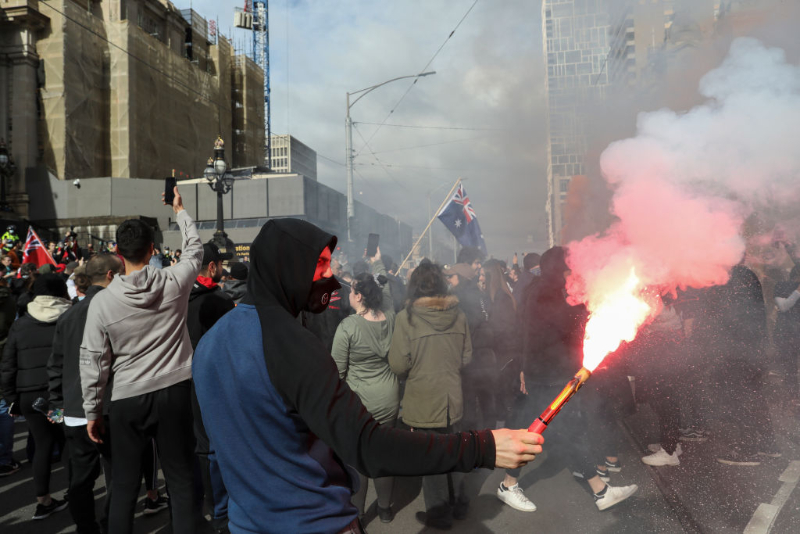
AUSTRALIA
- Ben Rich
- 17 February 2022
11 Comments
Today we see a resurgence of digital tribalism, a glorification of disingenuous engagement online and humiliating those of a different perspective. Everywhere we see simplistic and belligerent narratives of ‘us versus them’ over more nuanced explanations that might impart a greater sense of shared humanity and common purpose. So what happened?
READ MORE 
-
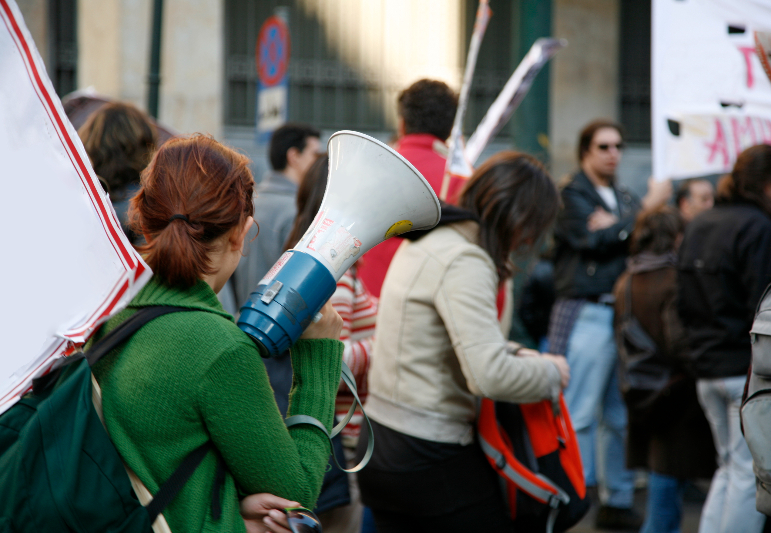
AUSTRALIA
- John Falzon
- 20 January 2022
7 Comments
Social security payments were once seen as a means of preventing poverty, not prescribing it. A job was once seen, at least for some, as being not only the best guarantee against poverty but the path to economic security. Now it seems, however, multiple jobs are required to stave off poverty.
READ MORE 
-
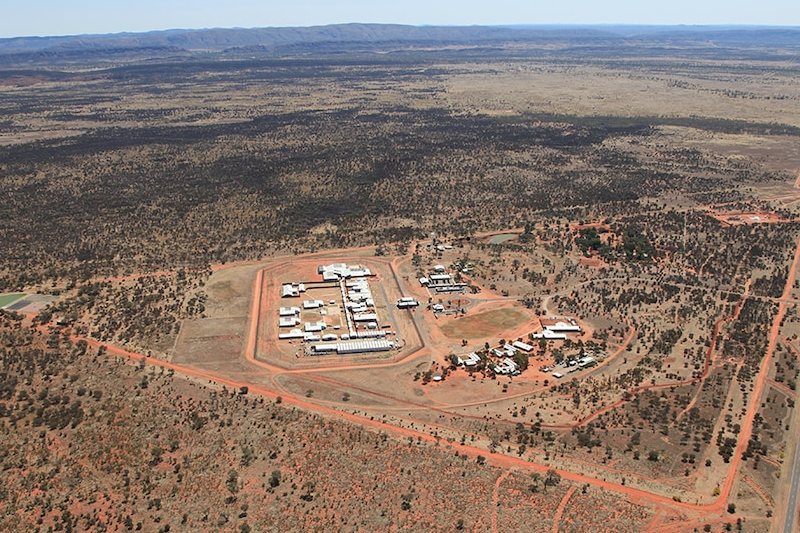
AUSTRALIA
- Julie Edwards
- 18 January 2022
2 Comments
The images are simultaneously striking and terrifying. A raging grassfire that is shooting flames into the sky and destroying nature around it and lapping perilously close to the fences around Central NSW’s Lithgow Correctional Centre. As local residents were evacuated and highways were closed to protect public safety when the fire raged out of control just before Christmas in 2019, 400 prisoners remained detained.
READ MORE 
-
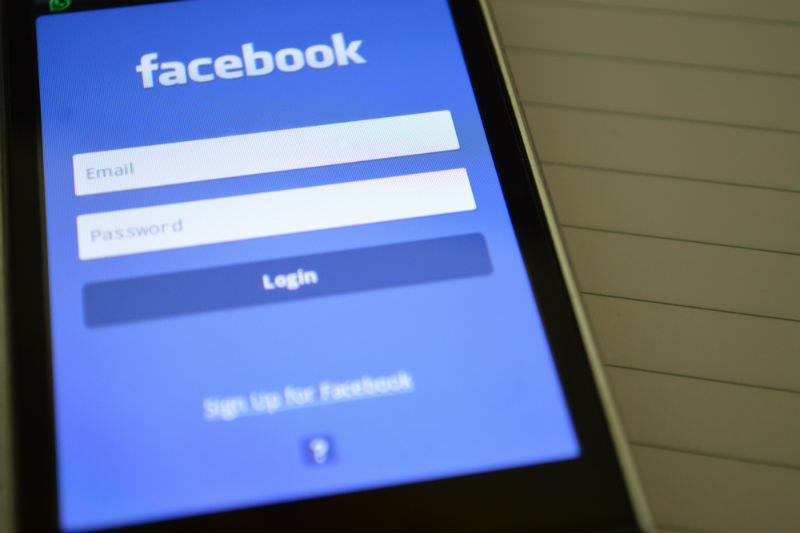
MEDIA
- Binoy Kampmark
- 11 January 2022
1 Comment
Instead of retaining its control of a fruit market, or preserving an oil monopoly, Facebook harnesses another resource: data. Any regulator or sovereign state keen to challenge the way the Silicon Valley giant gathers, monetises and uses that data will face their ire.
READ MORE
-
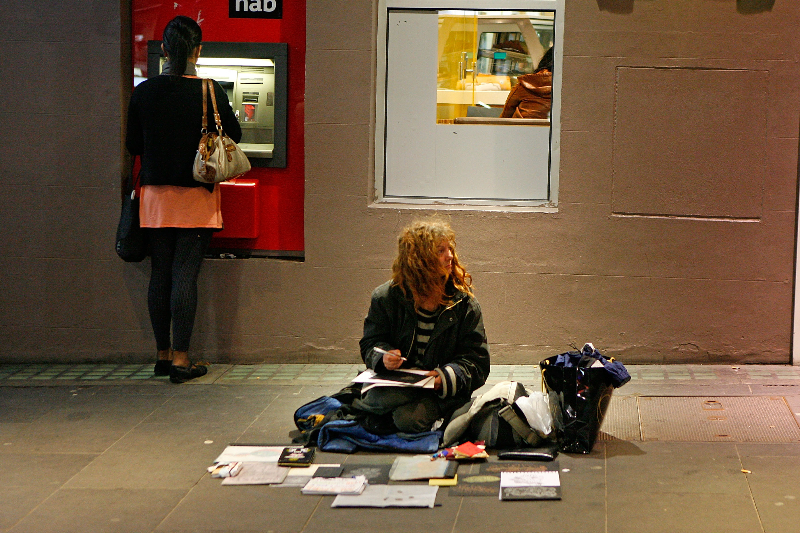
ECONOMICS
- John Falzon
- 04 January 2022
7 Comments
When you put rising housing costs alongside stagnating wages, an alarming trend in normalising insecure work, persistent unemployment and underemployment, and statutory incomes that are going backwards in real terms, there’s good reason to be deeply worried about an increase in homelessness.
READ MORE
-
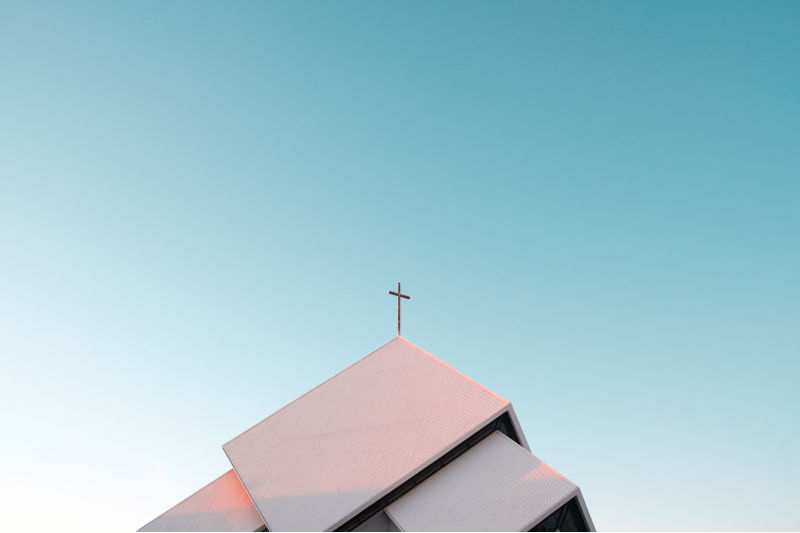
RELIGION
- Andrew Hamilton
- 04 January 2022
12 Comments
The exchanges within churches echo trends in national life that heighten disagreements, lessen respect, and tend to confine conversation circles to people of similar views. People become annoyed if those opposing their views gatecrash their forums. This trend creates problems for Church sponsored publications.
READ MORE
-
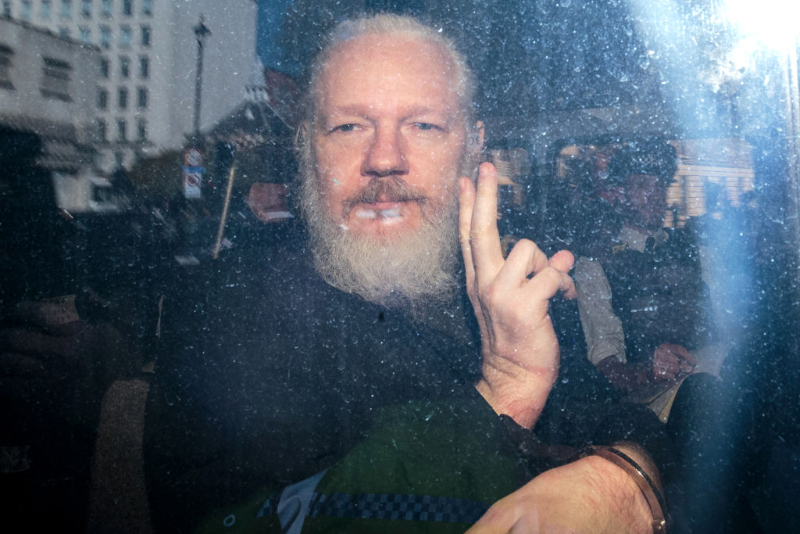
INTERNATIONAL
- Binoy Kampmark
- 16 December 2021
18 Comments
The legal pursuit of Assange is disturbingly unique not only for using an archaic law against a non-US national; it is also the first instance of an international application of it against a publisher. The law, if applied in the way suggested by the charges, criminalise the receipt, dissemination and publication of national security information, irrespective of motive. If the US Espionage Act 1917 were applied in this way, it would appear to subvert the free press provision in the United States Constitution.
READ MORE 
-
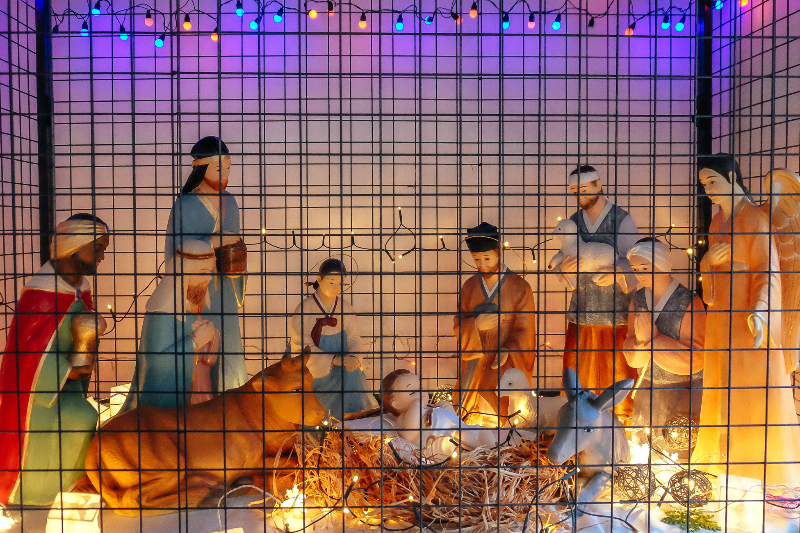
RELIGION
- Andrew Hamilton
- 16 December 2021
19 Comments
Christmas is always a mixture of nostalgia, weariness, connection and hope. This year the strands that compose it are even more tangled. We hope to return to the pre-Covid normal of celebration without anxiety. We look forward to the New Year as a gate to freedom to travel, work and plan our lives without hindrance. At the same time, however, our plans are conditional. We realise that Covid has not left us, and that its mutations may lead to more interruptions and restrictions.
READ MORE 
-
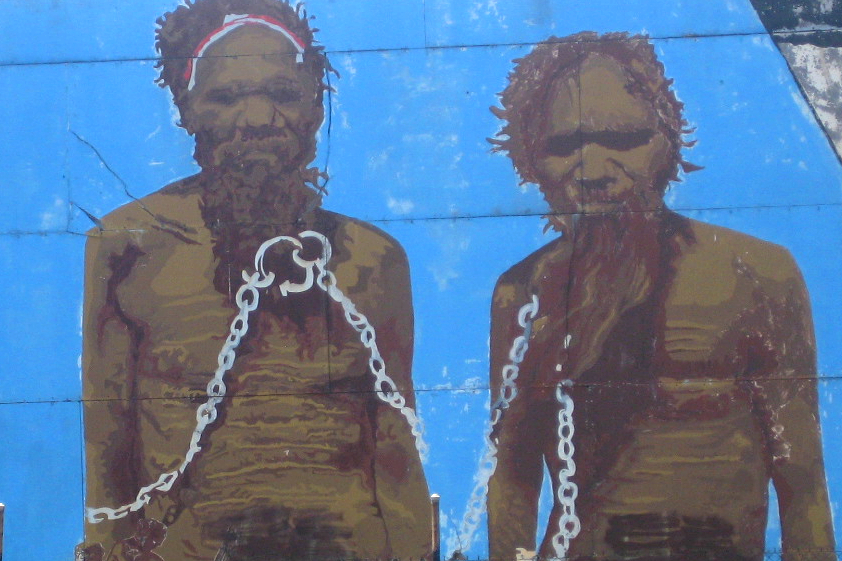
AUSTRALIA
- Brian McCoy
- 14 December 2021
15 Comments
I don’t write to State Premiers very often. However, a month ago I did. It was to the Western Australian Premier, Mark McGowan. It was not about Test cricket, the Juukan Gorge or opening the state’s borders. It was in relation to a photo on the front page of The Australian on the weekend of the 6/7 November showing an Aboriginal man in Western Australia boarding a plane under arrest. He was barefooted and with both a wrist and ankle chain.
READ MORE 
-
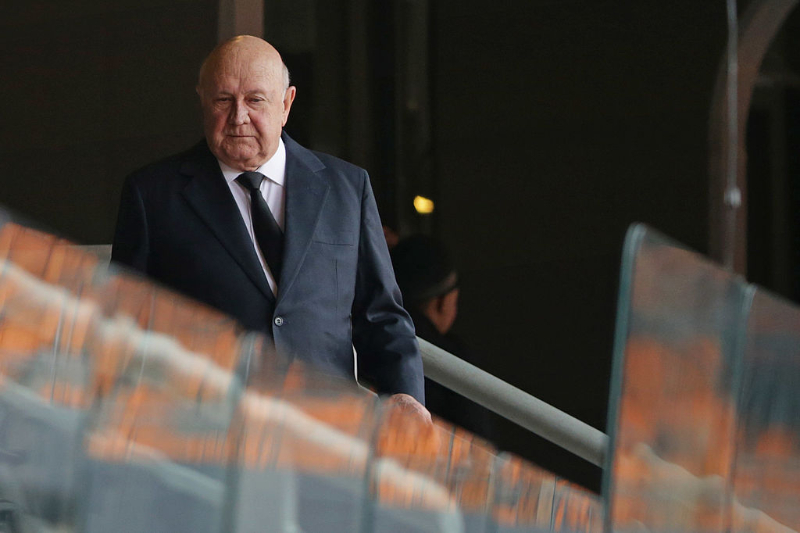
INTERNATIONAL
- Binoy Kampmark
- 23 November 2021
51 Comments
The passing of South Africa’s last apartheid president, FW de Klerk, raises pressing questions about a complex historical character who, according to his brother, Willem de Klerk, slowly outgrew apartheid. In a critical sense, he was bound, understandably, by both time and context: race, the need to defend a racial hierarchy, the historical role of a segregationist system that saw his all-white National Party retain power for decades.
READ MORE 
-
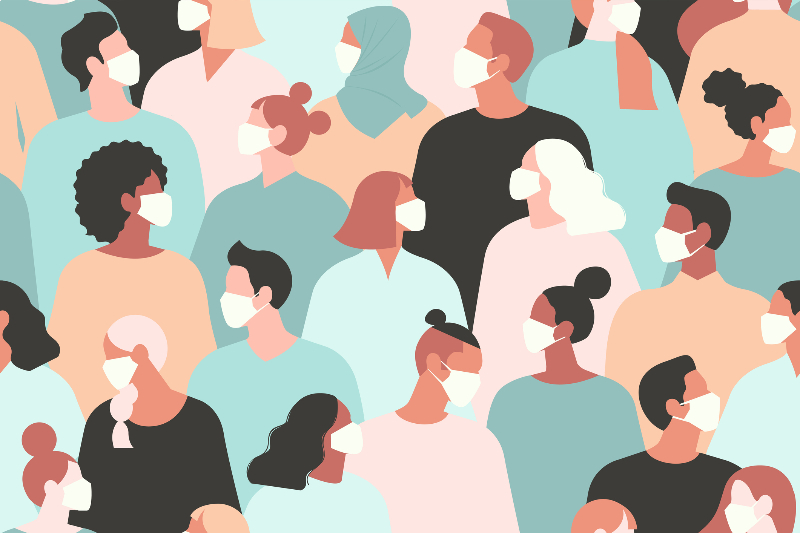
AUSTRALIA
- Tim Hutton
- 21 October 2021
10 Comments
The pandemic has been a clear demonstration that science is a method, not an endpoint. It is an ongoing process of hypothesising, testing, and interpreting the results of those tests through public policy. Though the hypothesis may be accepted or rejected, these interpretations are unlikely to be absolutely definitive statements or recommendations and are usually made with varying degrees of certainty.
READ MORE 
-
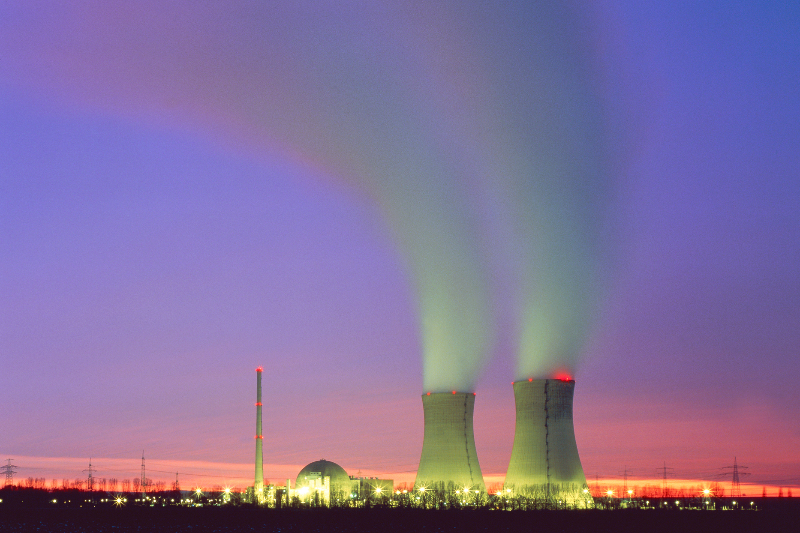
AUSTRALIA
- Andrew Hamilton
- 23 September 2021
15 Comments
Unlike December 25, September 26 is a World Day that passes by in silence. It calls for the Elimination of all Nuclear Weapons. Nuclear power is too mysterious to understand, too horrific to dwell on, and too far away to take responsibility for. It and its destructive power are unthinkable. And yet it continues to press on us, most recently in the announcement that Australia will build nuclear-powered submarines.
READ MORE 